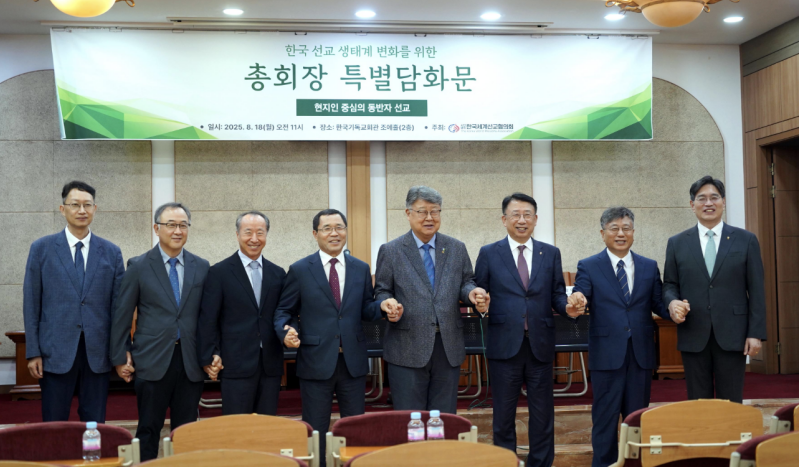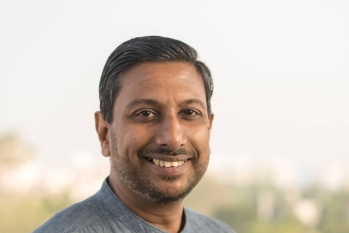
Leaders of Korea’s largest Protestant denominations joined with the Korea World Missions Association (KWMA) this week to call for a fundamental shift in global mission strategy, urging a move toward “partner mission,” greater engagement with the younger generation, and stronger defenses against the spread of Korean cults abroad, according to reporting by Christian Today Korea.
The appeal came during a press conference Monday at the Korean Christian Building in central Seoul, where the heads of the Presbyterian Church of Korea (Hapdong and Tonghap), the Korea Evangelical Holiness Church, and the Presbyterian Church of Korea (Hapshin) presented a joint “Special Statement by Denominational Leaders for Change in the Korean Mission Ecosystem.”
Rev. Ahn Sung-woo, president of the Korea Evangelical Holiness Church, said the global mission field faces “grave challenges,” citing the infiltration of cults, a lack of younger missionaries, and the need to redefine Korea’s role. His remarks were read by Rev. Kang Dae-heung, general secretary of KWMA. “This is not a mere recommendation,” Ahn said, “but a cry for decision, so that the Korean church may unite, overcome this crisis of the age, and rekindle the flame of the gospel.”
Rev. Kim Jong-hyuk, president of the PCK (Hapdong), emphasized that the landscape of world Christianity has already shifted, with Africa, Asia, and Latin America emerging as the driving forces of mission. “We can no longer see ourselves only as senders,” Kim said. “It is time to establish a new identity as co-workers walking together with non-Western churches.” He urged missionaries to place leadership in the hands of local churches, focus on disciple-making, and prioritize evangelism among those outside existing congregations rather than duplicating pastoral roles.
Rev. Kim Young-gul, president of the PCK (Tonghap), issued a stark warning about the global spread of Korean cults. He said groups such as Shincheonji, the World Mission Society Church of God, and the Guwonpa (Salvation Sect) are now active in more countries than Korean missionaries themselves, undermining mission churches with deceptive tactics. “The foundations of the gospel, built with the blood and sweat of first-generation missionaries, are being divided by these cults,” he said, noting growing damage to local churches, leaders, and believers. He called for mandatory training for missionaries, the creation of joint manuals and cooperative networks, legal support, and seminary programs to prepare experts in cult response.
Rev. Park Byung-sun, president of the PCK (Hapshin), pressed for a renewed focus on young people, warning that “a church without youth, a mission without youth, means no tomorrow.” He urged churches to listen carefully to the voices of young people, demonstrate authenticity through actions more than programs, open ministry opportunities where they can lead, and instill a long-term vision for missions.
The joint statement was the outcome of two closed-door meetings of denominational leaders hosted by KWMA in March and July. Organizers said the collaboration marks a rare unified voice among major Korean denominations on the future of global mission.






